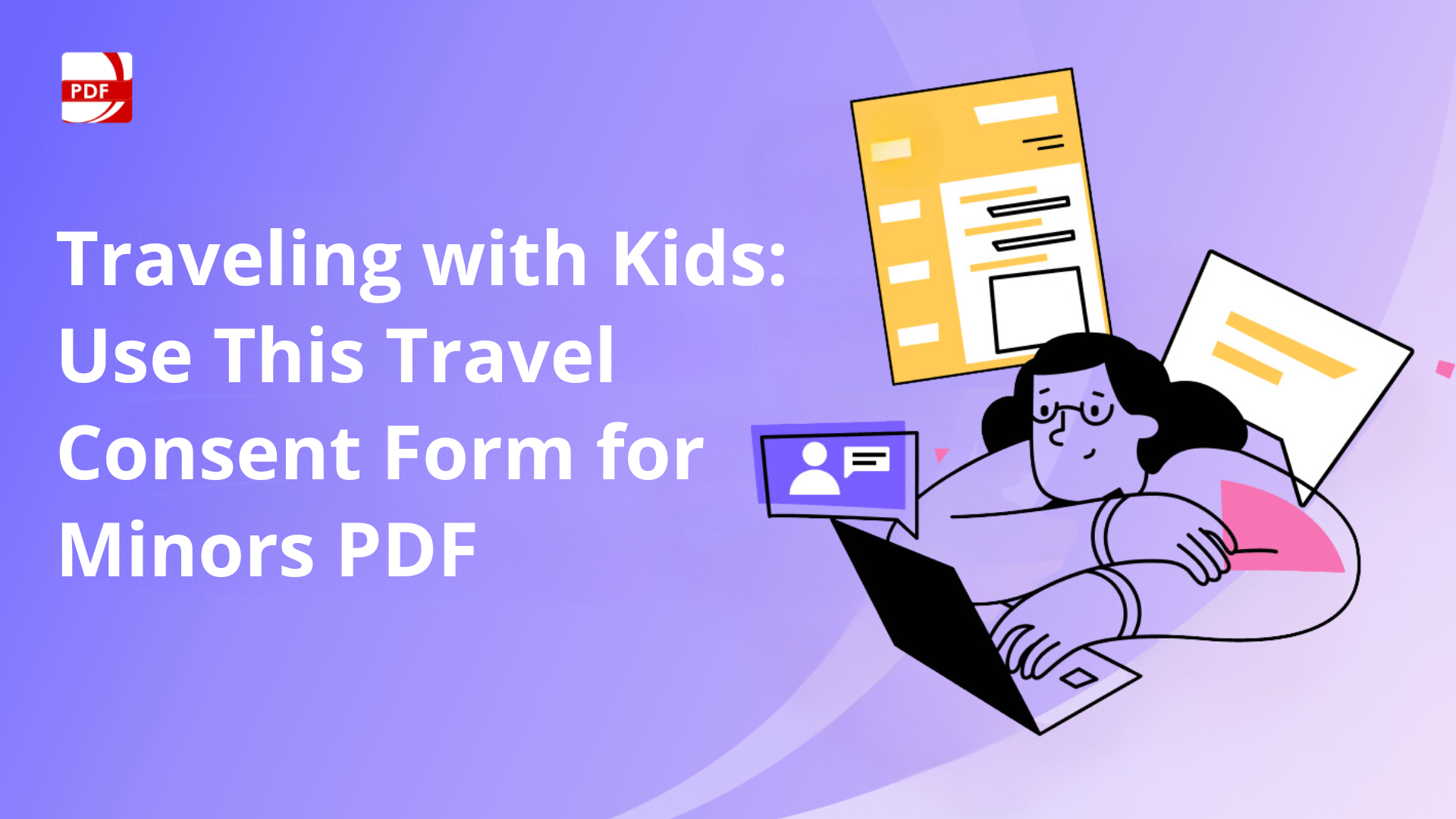Can you imagine going to school and not receiving homework? This basic exercise is a staple of most schools around the world, having helped students understand and practically apply their lessons. But what would education look like if we did away with homework, and why would we want to do that in the first place?

The usefulness of homework has been debated for many years, and there's much research to support both sides of the argument. I'll summarize the 12 main findings of this investigation and provide a conclusion that decides once and for all whether homework should still be given to students.
1. It Harms Children's Sleep Schedules
Homework isn't the main contributor to a child's sleeping issues, but it certainly has a significant impact on stress-related insomnia. Kids are faced with constant pressure to complete their after-school tasks in a timeous manner, leading to two possible effects:
- Working Late: Students, especially those who attend cram schools, often work late into the night to try and finish their homework. This can easily lead to an unhealthy sleep cycle.
- Being Overwhelmed: With so many responsibilities beyond simply attending to their daily school schedule, many kids refuse to do their homework. They don't have the time or energy to do it, and they would rather catch up on lost sleep than spend more time awake beyond a reasonable bedtime.
Teenagers, in particular, need a lot of sleep, with some sources saying they need between 12 and 13 hours daily.1 When children aren't sleeping enough, they struggle to pay attention in class, and their overall cognitive function decreases.1

2. It Cuts Out Play Time
Playtime isn't just about having fun. It's an essential part of any child's cognitive, social, and physical development. 2 Studies have shown that play is a natural learning method for children. 3

Children need time to play independently to develop their analytical minds and strengthen their social abilities with friends. Playing helps children develop parts of their brain and intellect in ways that schooling cannot generally help with.
Homework takes this vital playtime away from kids and debilitates their physical, cognitive, and social growth.
3. It Causes Stress
You probably remember being a student worried about all the homework you must do when school ends. And, if you were like me, you probably procrastinated to the point that the worksheets began piling.
This overwhelming anxiety affects 74% of students, 4 and 80% of female students found homework overly stressful. 5

4. It Causes Weight Gain and Obesity
It's no mystery that sitting around for long periods leads to weight gain, but did you know that homework is a contributor to childhood obesity? 6
A Chinese study found that students in grades 1-6 in primary schools were facing obesity rates between 13.6% and 13.8%, with homework being cited as a leading cause. 6

5. There Isn't Enough Direction
Focus and guidance are vital for any childhood learning. Values homework doesn't have. Children left to their devices often fail to gain anything worthwhile from homework. 7
The point of schooling is to train a child to join the workforce in a specialized field. Homework's rote and broad nature makes it ineffective in helping kids become doctors, lawyers, or teachers.

6. Reinforces Faulty Learning
Homework can often reinforce incorrect learning. Without immediate feedback, students may continue practicing wrong methods or concepts, further cementing misunderstandings. When children do not have someone to guide them at home, they can reinforce these mistakes, hindering their progress in school. This is especially true for subjects like math or science, where correct practice is essential to mastering concepts.
The lack of real-time support during homework also means that students are left to figure things out independently, which isn’t always productive. Without the ability to ask questions or receive clarification, homework can become a frustrating chore than a helpful tool. This problem is exacerbated for students who don’t have access to educational resources or tutoring. 8
7. Reduces Family Time
Homework can significantly reduce the quality time families spend together. After a long day at work, parents are often required to assist with their children’s homework. This increases the parents’ stress levels and reduces opportunities for families to engage in relaxing or meaningful activities together. Time spent on homework could instead be used for bonding, talking, or engaging in recreational activities, which are important for a child’s emotional development.

In addition, for families where parents work long hours or have multiple jobs, homework can create additional strain. Children in these situations often miss out on academic support, which can negatively impact their performance. The inequality between households with more educational resources and those without is further widened, exacerbating student academic disparities. 8
8. Increases Stress and Fatigue
Homework is a major contributor to stress and fatigue in students. Adolescents, in particular, often face significant sleep deprivation because of the amount of homework they receive. This lack of sleep has been linked to both physical and mental health issues, including increased rates of anxiety and depression. In high-performing schools, where the pressure to succeed is even greater, students are more likely to experience heightened stress levels and burnout.
The stress caused by homework can also carry over into family life, creating tension between students and their parents. In many cases, homework becomes a source of conflict as parents push their children to complete assignments, which can strain familial relationships. This added stress at home further diminishes a child’s enthusiasm for learning. 9
9. Detracts from a Love of Learning
Excessive homework can detract from a student’s natural curiosity and love for learning. When school assignments pile up, the joy of exploring new subjects often turns into a stressful obligation. Instead of fostering creativity and engagement, students can come to view education as tedious and unenjoyable. This becomes especially true when the assignments are repetitive or disconnected from the subjects taught in class.

Moreover, homework can discourage students from engaging with material meaningfully. When the focus shifts to simply completing assignments, students are less likely to delve into topics they find interesting. Over time, this can lead to a disconnection from the learning process, reducing motivation to explore new ideas.
10. Discourages Extracurricular Activities
Students often miss out on extracurricular activities due to the amount of time they spend on homework. After a full day of classes, students need time to socialize, participate in sports, or engage in hobbies that help them develop important life skills. However, when homework consumes their evenings, they have little time to participate in clubs, sports, or other interests. These activities are crucial for building teamwork, social skills, and leadership qualities.

Extracurricular activities also offer a vital break from academic pressure, allowing students to recharge and pursue their passions. Without this balance, students can become overwhelmed, negatively affecting their emotional well-being and academic performance. Reducing homework could allow students more freedom to develop well-rounded skills outside the classroom. 10
Read also how the pandemic affected on child literacy.
11 Convolutes the Subject Matter
Teachers do not always align homework with what is taught in class, which can confuse students. Students can feel lost and frustrated when assignments are too challenging or don’t match the curriculum. This disconnect between classroom instruction and homework can make it harder for students to grasp the core concepts of a subject. Without proper resources or help, many students give up trying to understand the material.
Furthermore, when teachers assign overly complex or niche homework, it can convolute the learning process. Instead of reinforcing the day’s lessons, these assignments can distract students' understanding. Homework should be a tool to enhance learning, not a source of confusion or discouragement. 7
12. Encourages a Poor Work-Life Balance
Assigning homework teaches children from a young age that work extends beyond school hours, which can foster an unhealthy work-life balance. As these students grow older, this habit can carry over into their professional lives, where they may feel obligated to bring work home. The message that productivity should continue even outside of designated work hours can lead to burnout and a poor understanding of personal boundaries.

In addition to diminishing leisure time, homework can set the expectation that rest are less important than continuous productivity. This mindset contributes to a culture where overwork is normalized, creating stress and reducing overall life satisfaction. Limiting homework could help foster a more balanced approach to work and life. 7
Summarizing My Findings
Here’s my take on why homework may not be as useful for children as we once thought:
- Homework negatively impacts children's sleep schedules by causing stress and late-night work, leading to sleep deprivation and reduced cognitive function.
- It cuts into playtime, which is essential for children’s cognitive, social, and physical development, hindering their overall growth.
- Homework leads to stress, with 74% of students feeling overwhelmed, particularly girls, who report higher levels of anxiety.
- It contributes to weight gain and obesity due to sedentary time spent on academic tasks, reducing physical activity.
- Many assignments lack direction, making it harder for students to gain value and reinforcing incorrect learning without proper guidance.
- Homework reduces family time, creates stress within households, and can widen the gap between students with and without access to resources.
- It encourages a poor work-life balance from an early age, leading to potential burnout in adulthood.
The evidence suggests that homework may be doing more harm than good. It disrupts children's sleep, limits essential playtime, and adds unnecessary stress to their lives. Rather than fostering a love for learning, it often stifles creativity and curiosity.
By rethinking the role of homework, we can create a more balanced and enriching environment for students that promotes both academic growth and personal well-being. We should be asking whether it's time to let students reclaim their evenings and explore new ways to engage them in learning without the burden of endless assignments.
Sources














 Support Chat
Support Chat